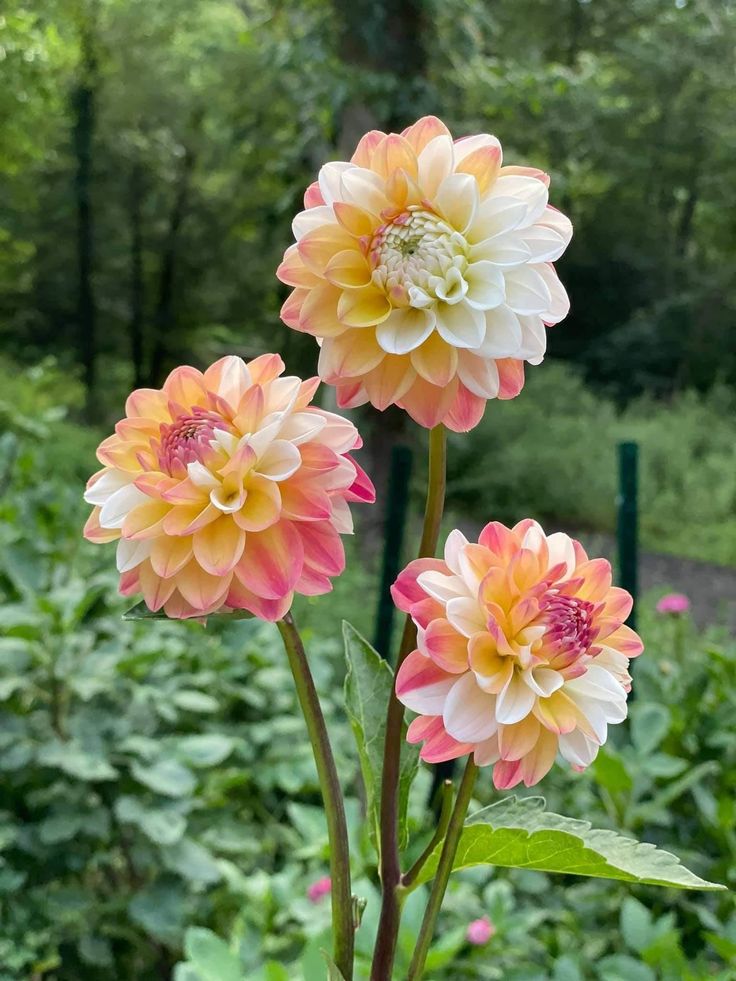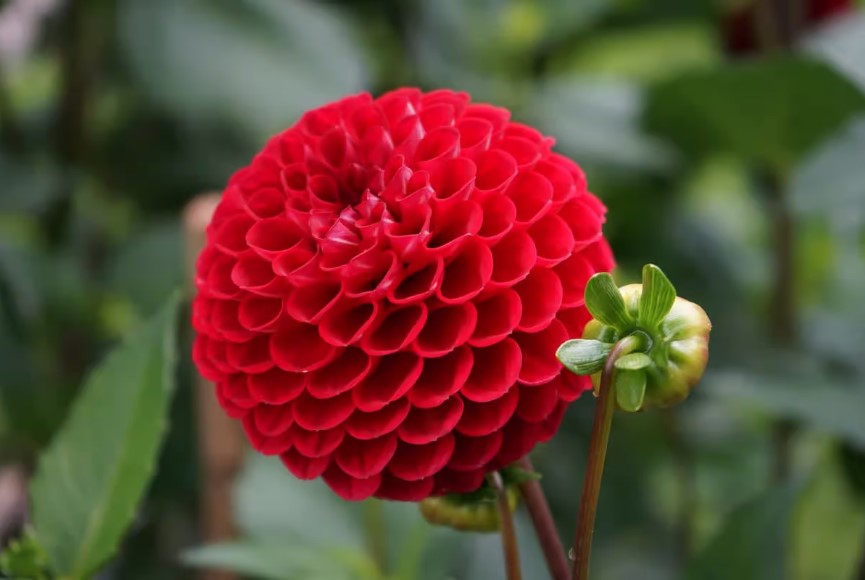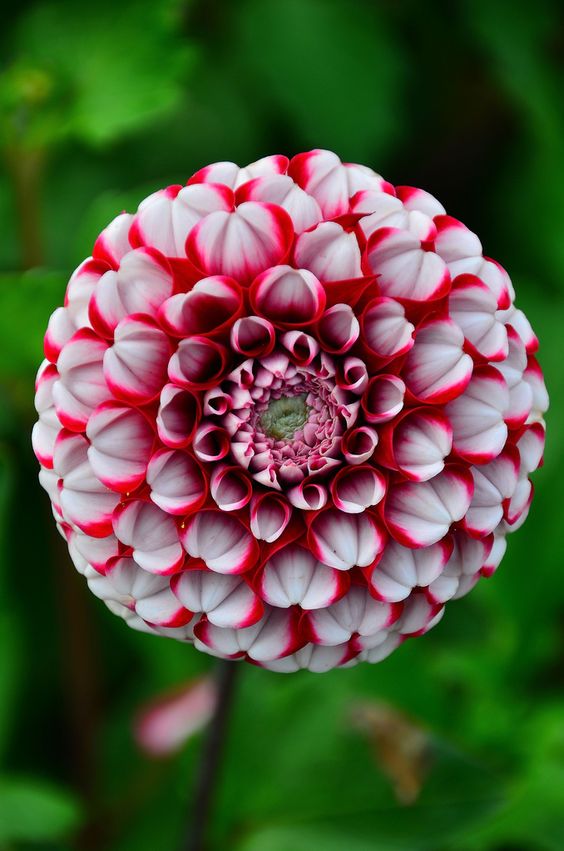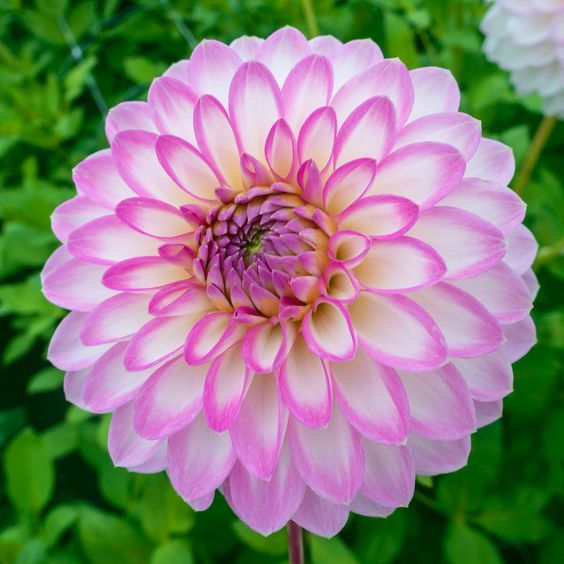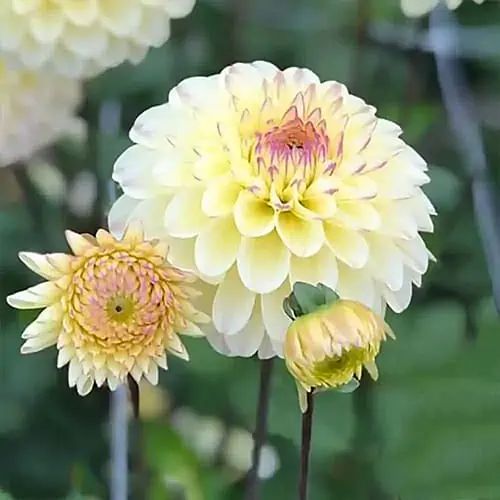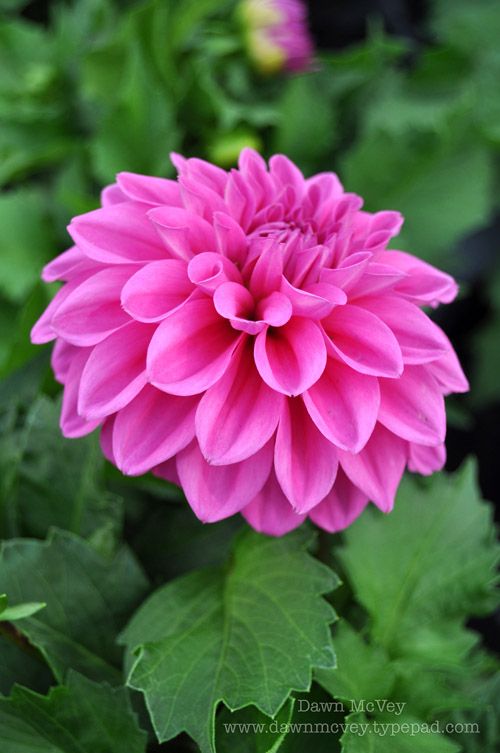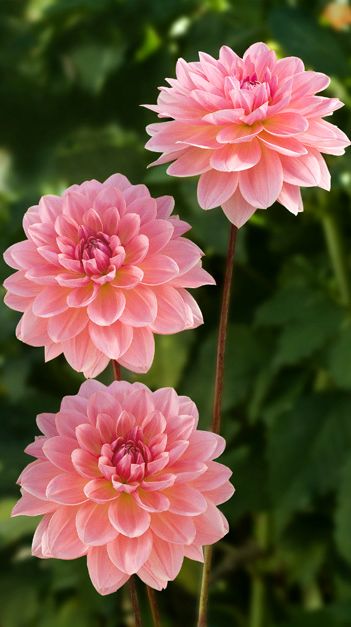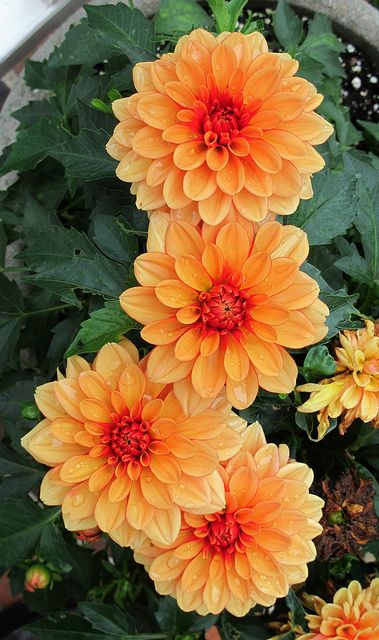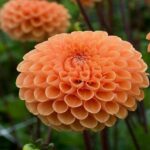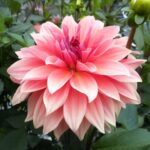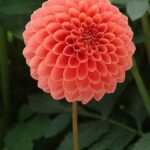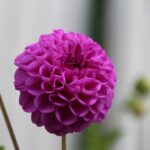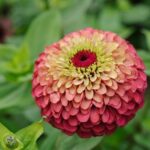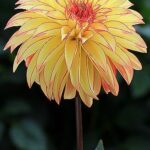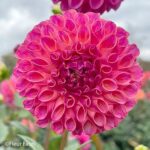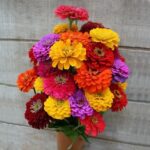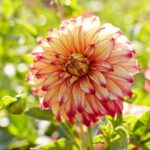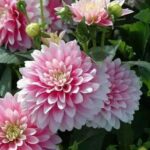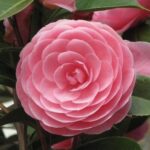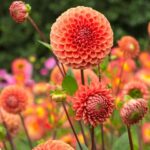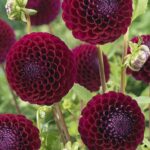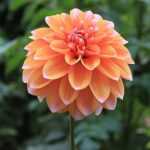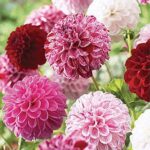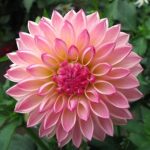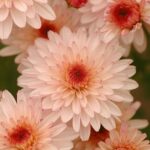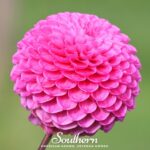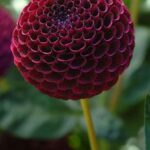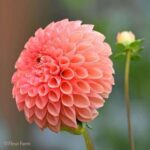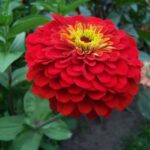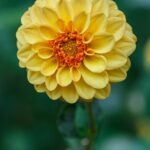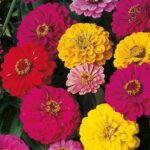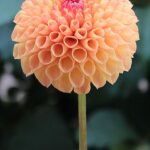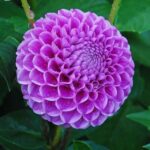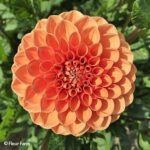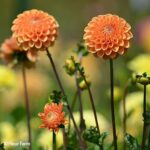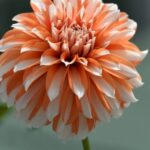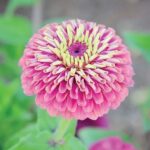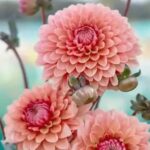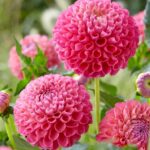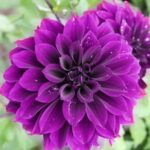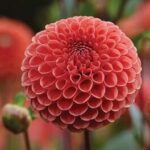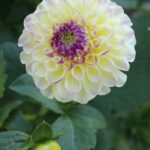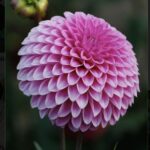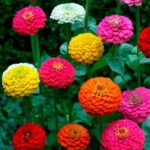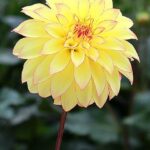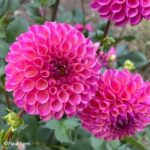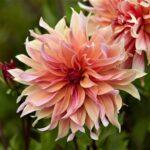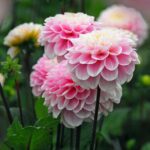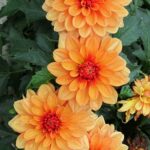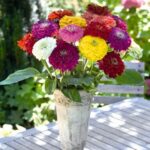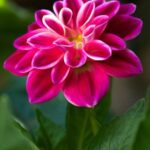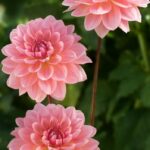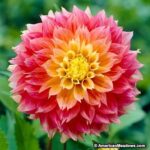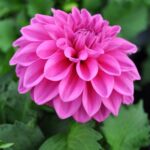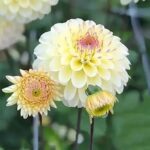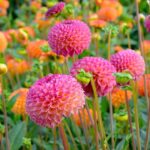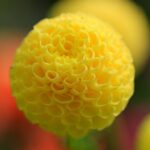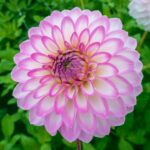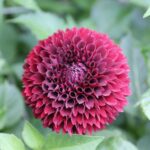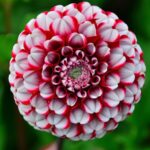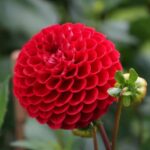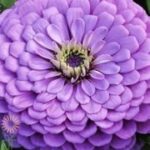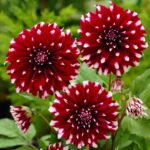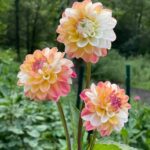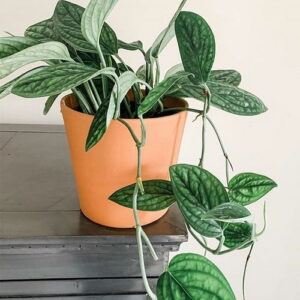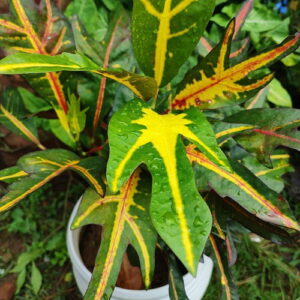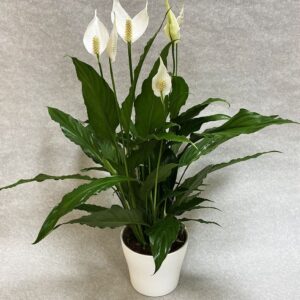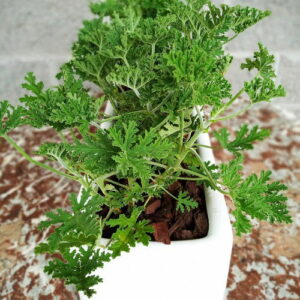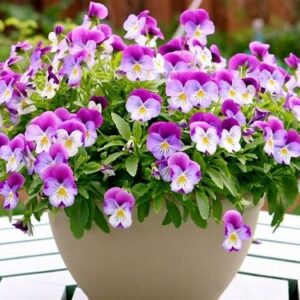Growing and caring for amazing dahlias
It’s easy to fall in love with dahlias. Their massive flower heads are visual dynamite in a fall garden—and they look just as lovely in a vase after you’ve trimmed and arranged them.
Dahlias are grown from bulbs, which may give some novice gardeners food for thought. However, planting and growing these beauties at harvest time is not a challenge; You just need to know when to get them in the ground (or a container) and how to care for them while they’re growing.
To help, we tapped Kate Rowe, a gardening expert and former owner of a dahlia farm in Petaluma, California. She learned the ins and outs of growing these outstanding buds both through her own trial and error and from others who were generous enough to share their knowledge. In a spirit of passing on what she’s learned, Rowe shares her top tips on growing and caring for dahlias in your own garden.

Start dahlias indoors
If you want to get a head start on your dahlia growing season and encourage earlier flowering, consider planting your new dahlias indoors as potted plants.
stew
The best time to pot your dahlias is in the spring, about six to eight weeks before you plan to move them outside. Of course, you can wait until after the last expected frost and plant your dahlias directly in the ground or in your decorative outdoor pot (more on that later!), but your flowering window will be shortened.
Alternatively, if your indoor space allows, you can plant your tubers directly in the decorative containers you plan to bring outdoors. Just make sure the pots stay indoors until the last expected frost has passed. “If you plan on growing your dahlia in a full-size container, make sure it’s big. [It should be] 15 inches across the top and at least 12 inches deep to give your dahlia room to grow a large root ball,” says Rowe.

If you decide to plant your dahlias indoors, use a 1-gallon pot to give the plant’s roots plenty of room to grow, Rowe says.
Start by filling the pot with well-drained garden soil that is moist but not wet.
Plant one bulb per pot on its side, about 2 to 3 inches deep. “You can choose to have the eye sticking out of the ground, but at least cover the bulb body,” says Rowe.
Finally, place your pot in a warm, sunny spot (at least 60 degrees) and do not water until the sprout is visible above ground.
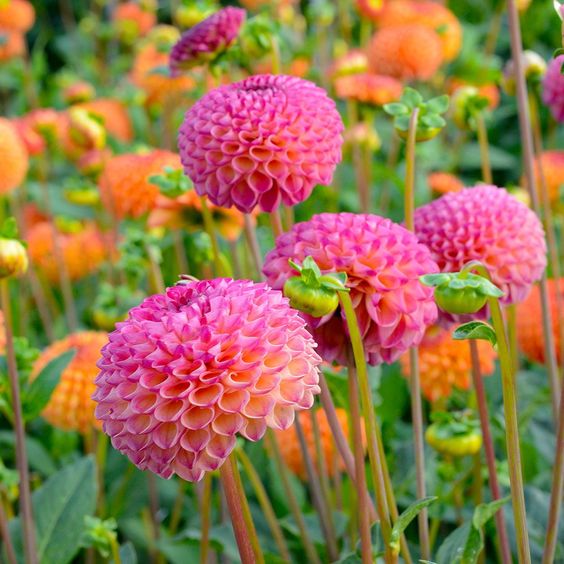
drainage
When planting dahlias in pots, make sure they have excellent drainage. “Make sure the container has good drainage holes in the bottom so the water flows through the pot and doesn’t pool,” says Rowe. The tubers rot in standing water.
When to plant dahlias
As any gardener who’s ever grown dahlias from a bulb can tell you, you can get nervous before the growing season—you want to get the show on the road. But it’s important to fight the urge to plant tubers too early, Rowe explains.
“Don’t plant the sprouted bulbous plant you started indoors in your yard until after the last chance of frost,” she says. If you haven’t jump-started your plant inside, that’s perfectly fine; Simply plant your bulb after the last frost.
How to plant dahlias
Plant your dahlia bulb in a spot with full sun and well-drained soil. Rowe suggests adding good soil around the bulb or transplanted plant to improve drainage. “Dahlia tubers rot easily,” she says. “If you’re transplanting from a pre-germinated pot, try not to disturb the roots—in general, don’t move dahlias once they’re growing.”
Fortunately, no special tools are required to work with dahlias. All you need is your favorite garden trowel to dig a big enough hole for your corm or transplant. The other tip to remember is to install stakes and strong twine as your flowers grow; large dahlia varieties benefit from staking to prevent the stems and large flowers from drooping.
